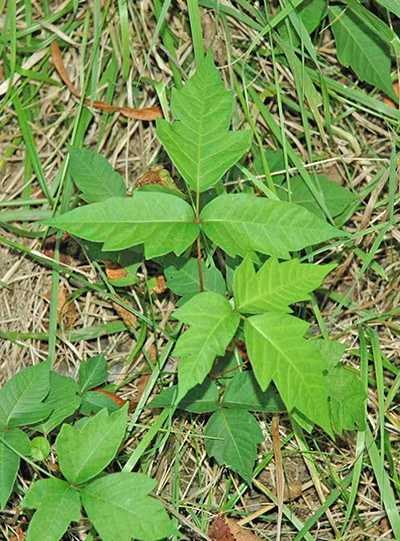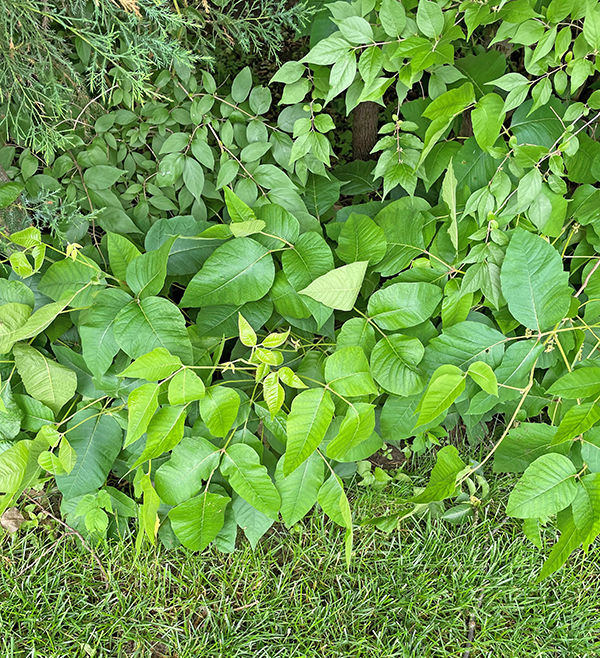Poison Ivy: What’s all the itch about?
For some, running into poison ivy means nothing at all. For others, it means going to the doctor for cortisone cream or oral steroids. Why is this?
 The American Skin Association estimates that around 85% of our population is allergic to poison ivy. Of that, about 10% to 15% are extremely allergic. The main cause for those itchy rashes and blisters is an oil the plant produces called urushiol. Interestingly enough, urushiol isn’t actually toxic. Our immune systems have a hard time recognizing what it is, and so go on the offensive to destroy the potential threat. That means you get itchy rashes wherever you came into contact with the oil.
The American Skin Association estimates that around 85% of our population is allergic to poison ivy. Of that, about 10% to 15% are extremely allergic. The main cause for those itchy rashes and blisters is an oil the plant produces called urushiol. Interestingly enough, urushiol isn’t actually toxic. Our immune systems have a hard time recognizing what it is, and so go on the offensive to destroy the potential threat. That means you get itchy rashes wherever you came into contact with the oil.
If you are one of the lucky 15% that don’t react to poison ivy, you may have heard that your sensitivity to urushiol can change over time. This is factual, but only in the “more sensitive” direction. According to Johns Hopkins Medicine, the more you are exposed to poison ivy, the more likely it is that you develop a sensitivity to it.
How exactly do you define “exposed”? While exposed obviously means direct contact with the plant, urushiol can also be spread via clothes, shoes, pets, and even smoke (if you burn the plant). One thing that’s not true: by touching the blisters or fluid inside the blisters, poison ivy can be spread to other people. That doesn’t mean you should go touching people’s poison ivy blisters. Crazy enough, urushiol can remain active for over a year!
So, what should you do if you accidentally grab a poison ivy vine?
Quickly remove the oil from your skin by washing the area with soap at least three times. Don’t forget to wash your tools, clothes, and shoes too.

If you do end up having a reaction, calamine lotion can sometimes help, as well as taking a colloidal oatmeal bath (Don’t eat the oatmeal afterwards!). The most important thing is to stop the reaction before it happens, and that can be done by learning what poison ivy looks like and avoiding it.